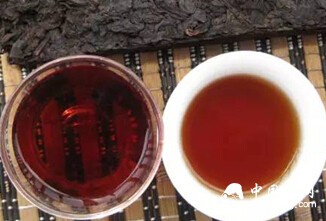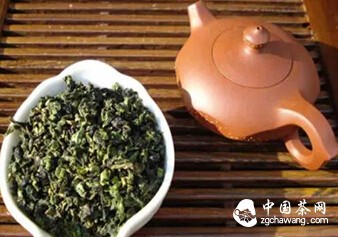
Is Fermented Tea Better or Non-Fermented Tea Better?
Fermented tea refers to tea that undergoes a fermentation process during production. It can be categorized into lightly fermented tea, semi-fermented tea, fully fermented tea, and post-fermented tea. Fermented tea has benefits such as warming the stomach, regulating blood lipids and blood sugar, and aiding digestion. Non-fermented tea, which is green tea, does not undergo fermentation and retains more of the natural substances from the fresh leaves. It has special effects like anti-aging, cancer prevention, and anti-inflammatory properties.

Fermented Tea
Fermented tea is made from tea buds that undergo withering, rolling, fermentation, drying, and other initial processes to produce raw tea, which is then refined. Fermented tea is further divided into lightly fermented tea, semi-fermented tea, fully fermented tea, and post-fermented tea. It is beneficial for stomach health and has certain effects on lowering blood lipids and blood pressure.

Non-Fermented Tea
Non-fermented tea, also known as green tea, is made from suitable tea tree shoots without undergoing fermentation. It is directly processed through steps like fixation, rolling, and drying, which preserve more of the natural substances in the fresh leaves. It has anti-inflammatory, antibacterial, and anti-aging effects. However, due to its high polyphenol content and strong astringency, it may irritate the stomach, making it unsuitable for people with stomach issues.

From the above comparison, we can see that fermented tea and non-fermented tea each have their own characteristics and benefits. There is no definitive answer as to which is better. The choice should be based on individual circumstances and physical condition to determine which type of tea is more suitable.